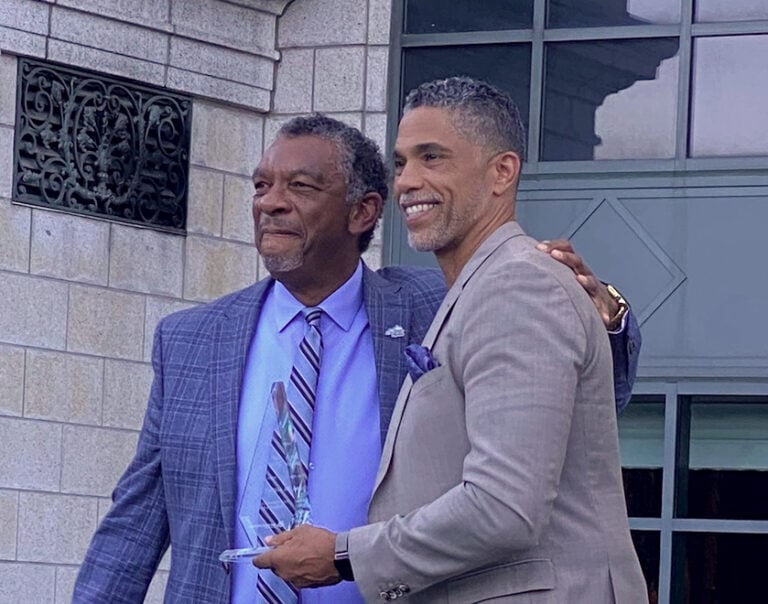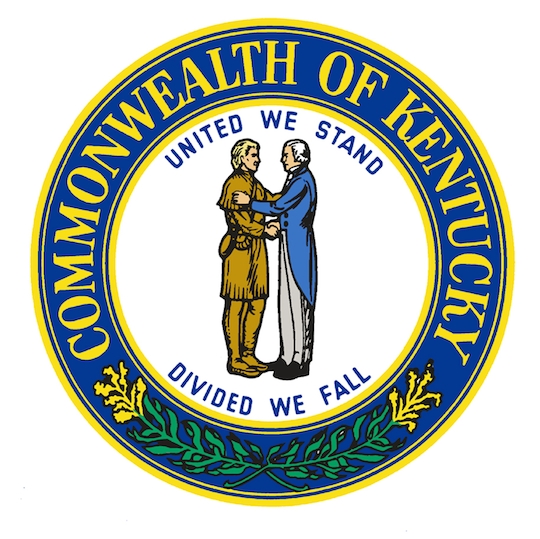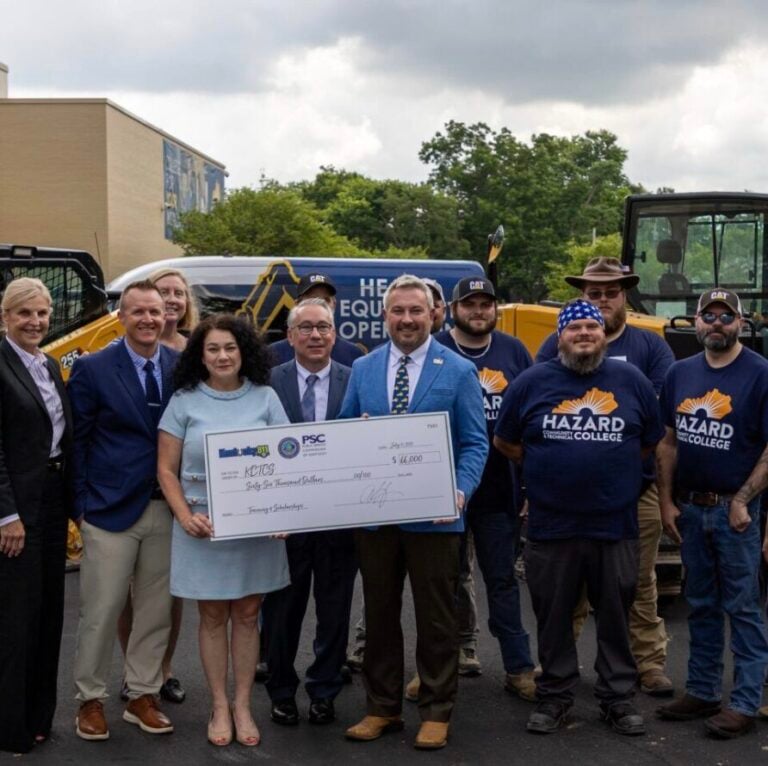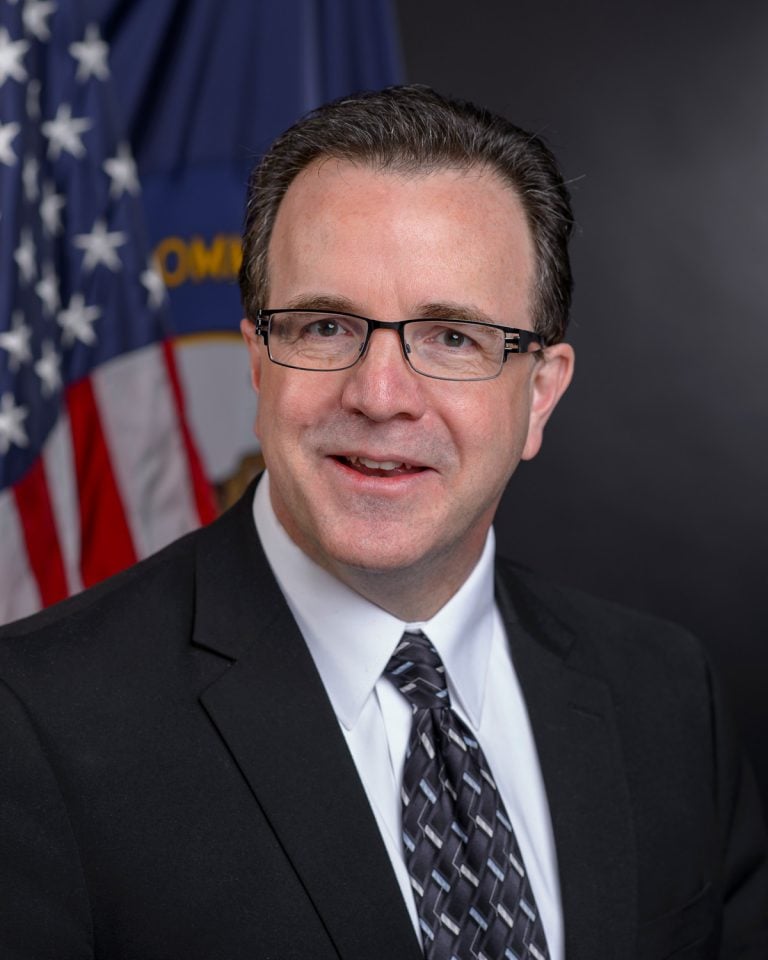Policy experts at The Council of State Governments have selected their top issues for states in 2018 in each of these categories: agriculture; education; energy and environment; federal affairs; fiscal and economic development; health; international affairs; transportation; and workforce development.
Kentucky’s Robert Stivers, head of the state senate, is the new national chair of CSG whose headquarters is in Lexington. It is the national only organization serving all three branches of state government and provides insights to help state officials shape public policy.
Here is how CSG sees the priorities in issues facing government:
All the Top 5 Issues reports are available online here and linked below by category.
Agriculture
In agriculture, CSG policy analyst Leslie Haymon said energizing the rural economy and ensuring the long-term stability and sustainability of the U.S. food supply will be a crucial point of discussion over the coming year.

“Farmers and ranchers continue to encounter significant challenges, including labor shortages, low prices and environmental hazards, while rural residents often lack access to the telecommunications and health care infrastructure they need,” Haymon said. “Lawmakers will seek to balance the growing needs of rural voters within an increasingly tight fiscal environment. And any changes to the federal funding formulas for nutrition or rural health programs could place a significant burden on states’ budgets.”
State submissions of plans under the Every Student Succeeds Act, or ESSA, was selected as the top issue to watch in education policy.

“Empowered with the new flexibility, states are leading the way in education innovation through their ESSA state plans,” said Elizabeth Whitehouse, CSG director of education and workforce development policy. “Delaware was the first state to submit an ESSA plan and the first state to be approved. States developed plans based on their individual needs and strengths and will shift their focus to implementation in 2018.”
CSG will continue to provide a forum for state leaders to discuss ESSA implementation and will provide research and analysis on what states are doing and how they are meeting the needs of their students.
“A few years into U.S. power sector modernization, the nation’s electricity grid is ‘smarter,’ electricity sources are getting cleaner with more penetration of renewables, and the American consumer is more energy savvy and increasingly demanding a greater say in their energy consumption,” said Devashree Saha, CSG director of energy and environmental policy.
But that’s just the beginning. Saha said the coming year will be marked by intensification of these trends.
Federal Affairs
Topping the list of 2018 issues in federal affairs is the renewed interest in the state-federal relationship, especially looking for pioneering ways to encourage policy innovation within and among the states.
Cooperation between federal agencies and states varies depending on which federal agency is involved.
“Our nation faces a growing list of increasingly complicated issues and the need for building effective relationships between federal and state governments to successfully address these issues has never been greater,” said Jeff Stockdale, director of legislative affairs in the CSG Washington, D.C., office.
“Improving communications and forming proactive relationships between officials at all levels of government is essential to meeting national needs and producing successful results.”
Fiscal and Economic Development

Jennifer Burnett, CSG director of fiscal and economic development policy, said states continue to face significant fiscal challenges.
“State leaders will continue to confront and tackle immense fiscal challenges, such as growing public pension deficits, health care costs and infrastructure needs, while facing down threats to federal funding streams, modest revenue growth projections and a labor market that is increasingly impacted by accelerating technological changes,” Burnett said.
Health
In health, state Medicaid programs and the opioid epidemic remain priorities for state leaders.
“If it seemed like health policy was on a roller coaster ride in 2017, hang on for 2018,” said Debra Miller, CSG director of health policy. “Congress and the administration seem poised once again to consider an overhaul of the Medicaid program—looking to save the federal government money. Whether those changes also would allow states to save money is a critical question in state capitols. States already face a tough time meeting their Medicaid obligations.”
Medicaid is often the biggest item in a state’s budget, Miller said. Medicaid expenses grow faster than inflation and state revenues in many states are growing slowly.
The opioid epidemic also continues as a pressing issue for states.
“Every time I am in a room with state health policy leaders, the conversation inevitably turns to the worsening opioid epidemic,” Miller said. “Leaders are looking at policy initiatives that will reduce the availability of opioids and heroin, ameliorate the overdose death toll, and provide evidence-based treatment for persons with substance use disorders.”
Andy Karellas, director of federal affairs in the CSG Washington, D.C., office, said policy issues around global affairs and international trade continue to be a priority for the president and Congress, including reforms to immigration and updating the North American Free Trade Agreement, or NAFTA.

“The debate around the Deferred Action on Childhood Arrivals — also known as ‘dreamers’ — has become a key negotiating item in Congress’ effort to pass a funding bill and keeping the federal government open,” Karellas said.
“Then you add the president’s request to fund a border wall, and this debate becomes even more heightened and sensitive. And as we’ve seen before, partial shutdowns in the federal government and delays in funding can have a significant impact on state and local governments.”
This year is likely to be a big year for transportation and infrastructure, said Sean Slone, CSG director of transportation and infrastructure policy.
“We’re coming off a year in 2017 when we learned a lot about the precarious condition of our nation’s infrastructure, when a large number of states contemplated transportation funding solutions and when policymakers continued to consider the policy impacts of emerging technologies such as autonomous vehicles,” Slone said.
“Now, with President Trump expected to announce his long-awaited infrastructure plan and with Amazon expected to announce the preferred location for their second headquarters, 2018 could tell us a great deal about the future of infrastructure investment and its importance in serving a rapidly changing economy.”
CSG recognizes that workforce development is an essential component of states’ economic development.
“Education and training along with social services and community supports all help to offer individuals the opportunity for a sustained livelihood,” said Matt Shafer, a policy analyst for education and workforce development. “Coordination of public and private sector policies aid in creating, sustaining and retaining a viable workforce in today’s increasingly complex economy.”
The number of jobs requiring an occupational license—a key issue in workforce development—has increased over the last several decades.
In 2017, CSG received an occupational licensing reform grant with the National Conference of State Legislatures and National Governors Association Center for Best Practices to work with a consortium of states to design and implement approaches that enhance the portability of licenses across states and reduce overly burdensome licensing restrictions.
From Council on State Governments

















